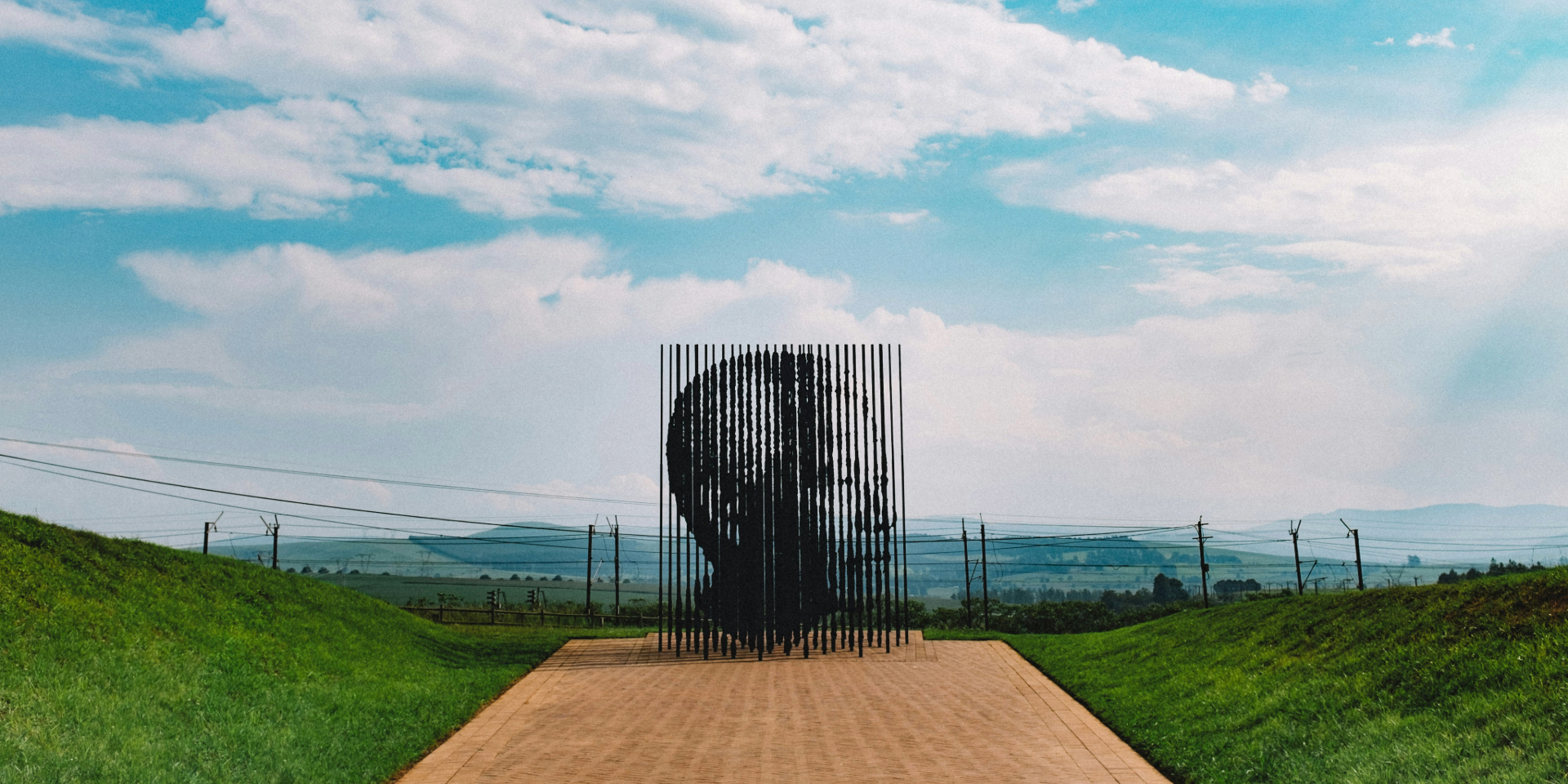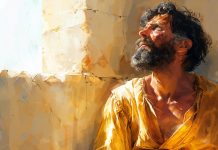Nelson Mandela, one of the most iconic figures in the fight against apartheid—the system of racial segregation enforced by South Africa’s white minority government—spent 27 years in prison for his commitment to dignity, equality, and justice.
Yet the harsh conditions of incarceration did not harden him; instead, they deepened his moral sensitivity and sharpened his discernment. It was from this place of hardship that Mandela came to affirm, with even greater conviction, that human dignity lies not only in heroic triumphs, but also in the ability to see with clarity the complexity and contradictions within each of us.
Ubuntu, the African philosophy of communal life, weaves every individual’s existence into a wider world where personal dignity is bound up with collective dignity. “I am because we are” is not just a phrase—it’s a way of living that fosters empathy, respect, and mutual recognition. Each human being reflects and is reflected in others. In this framework, others are not seen as strangers, but as mirrors of our own humanity. This mindset, a natural extension of the Christian principle of mutual love and service, was a defining element of Mandela’s thought.
On December 9, 1979, writing from behind the bars of Robben Island prison, Nelson Mandela penned[1] a letter to his wife, Winnie, reflecting on how distorted realities had misled many—not only those directly involved, but also generations to come. Mandela emphasised that our perceptions are often shaped by these distortions, and that it is vital to look beyond them, to recognise the complexity inherent in every individual.
“One may be a villain for three quarters of his life and be canonised because he lived a holy life for the remaining quarter of that life. In real life we deal, not with gods, but with ordinary humans like ourselves: men and women who are full of contradictions, who are stable and fickle, strong and weak, famous and infamous, people in whose bloodstream the muckworm battles daily with potent pesticides. On which aspect one concentrates in judging others will depend on the character of the particular judge.”
True wisdom and maturity, he argued, lie in the ability to acknowledge and appreciate the good in people. “But the realist, however shocked and disappointed by the frailties of those he adores, will look at human behaviour from all sides objectively and will concentrate on those qualities in a person which are edifying, which lift your spirit [and] kindle one’s enthusiasm to live.”
After his release in 1990 and the end of apartheid, Mandela became South Africa’s first Black president and worked to foster national reconciliation and build a multiracial democracy. At the heart of his thinking remained the philosophy of Ubuntu—“I am because we are.” His reflections serve as a powerful reminder that our dignity is deeply intertwined with how we see and treat one another. That recognition is a vital thread in the fabric of human dignity.




















